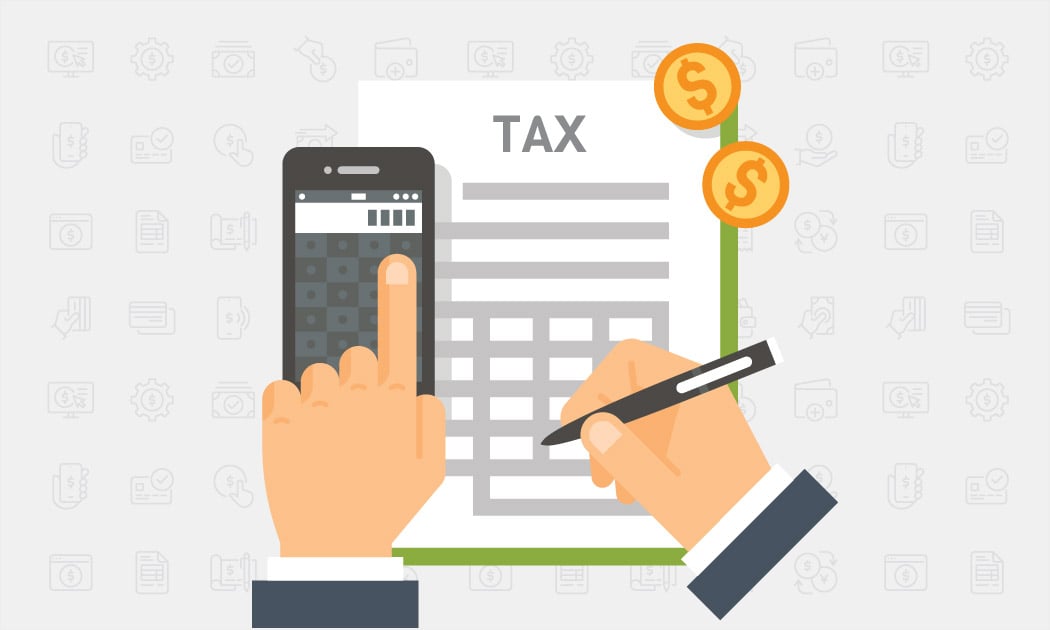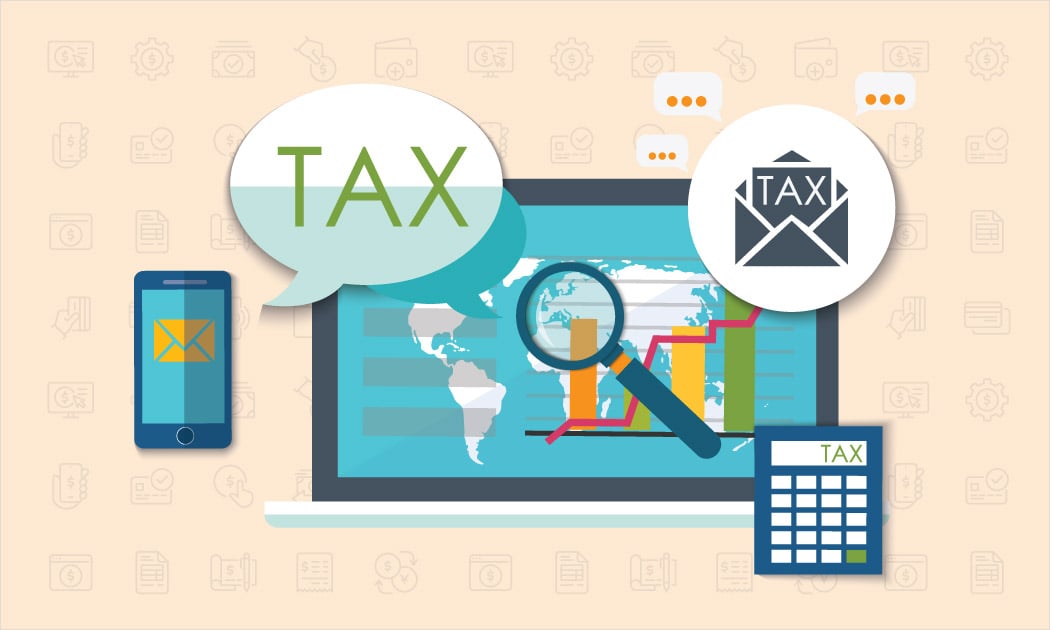The Payroll Blog
News, tips, and advice for small business owners
- Home
- Resources
- Payroll Blog
- Should You File a Tax Extension?
Should You File a Tax Extension?
Tax season tends to be a time of the year that individuals, and small business owners, don’t look forward to. Taxes can be confusing, mistakes are costly, and making sure you have all the proper paperwork can be time-consuming.

When it comes to filing a tax extension, you'll want to know the pros and cons far enough in advance to make the decision that is best for your small business.
An Extension Doesn’t Mean You Can Put Off Taxes Owed
One of the biggest misconceptions about applying for tax extensions is that people believe this delays when they need to pay. For example, individuals, sole proprietors, and corporations have a tax return filing deadline of April 15th for the calendar year filers (April 17th for Maine and Massachusetts residents). Applying for an extension may give those individuals more time to file their tax returns, but any taxes owed still must be paid by the regular due date of the return.
Note: For 2020 tax filing, the deadline has been extended to May 17, 2021.
Reasons to Consider Applying for an Extension
Taxes can be confusing and a lot of work goes into filing tax returns. The biggest reason why people file an extension is so they have more time. When choosing to apply for an extension, you may be granted up to an extra six months to file. This is helpful if you are waiting on important tax documents or need more time to gather receipts for tax deductions. Additionally, having that extra time can help you be sure that everything you’re entering is accurate. Tax mistakes can be easy to make, and rushing through the process may lead to even more problems. If you’re doing everything by yourself, having that extra time to explore all potential tax deductions can be helpful. Another reason why you might want to consider applying for a tax extension is if you face some unexpected life events. Illness, death of a family member, or a natural disaster could all be reasons for you to file an extension.
Reasons to Not Apply for an Extension
You may be thinking, who doesn’t want more time to file tax returns? However, there are a few disadvantages to applying for an extension. Applying for an extension doesn’t mean you get a break from paying any taxes owed by the original deadline. If you are unable to pay your estimated taxes in full by the regular filing deadline, applying for an extension allows you to make a partial payment with the application, but you also have to consider any late payment interest fees and potential penalties associated with the balance of the tax liability. Normally, the IRS assesses a late payment penalty of 0.5% per month of the outstanding taxes, with a maximum penalty of 25%. If you apply for and are granted an extension, and then miss the extension deadline, you will likely be facing additional late filing penalties and interest. For this reason, if multiple deadlines are challenging to remember, filing by the original due date may be the best option.
Bottom Line
Applying for an extension can be the right decision for you, and your business, if you know you’re going to make the most of that extra time and stick to the deadlines. Depending on your business’s busy season and personal matters the original filing deadline may not work best for you, which is why applying for an extension may be a good idea. If you're struggling to make a decision, connecting with an accountant or bookkeeper can be helpful as they can advise you further on the pros and cons of tax extensions. While tax season can be a lot to manage, a few simple planning steps during the year can make the process easier.
Related Blog Posts
View Our Plans and Pricing
Small Business Is Our Business.
This website contains articles posted for informational and educational value. SurePayroll is not responsible for information contained within any of these materials. Any opinions expressed within materials are not necessarily the opinion of, or supported by, SurePayroll. The information in these materials should not be considered legal or accounting advice, and it should not substitute for legal, accounting, and other professional advice where the facts and circumstances warrant. If you require legal or accounting advice or need other professional assistance, you should always consult your licensed attorney, accountant or other tax professional to discuss your particular facts, circumstances and business needs.



